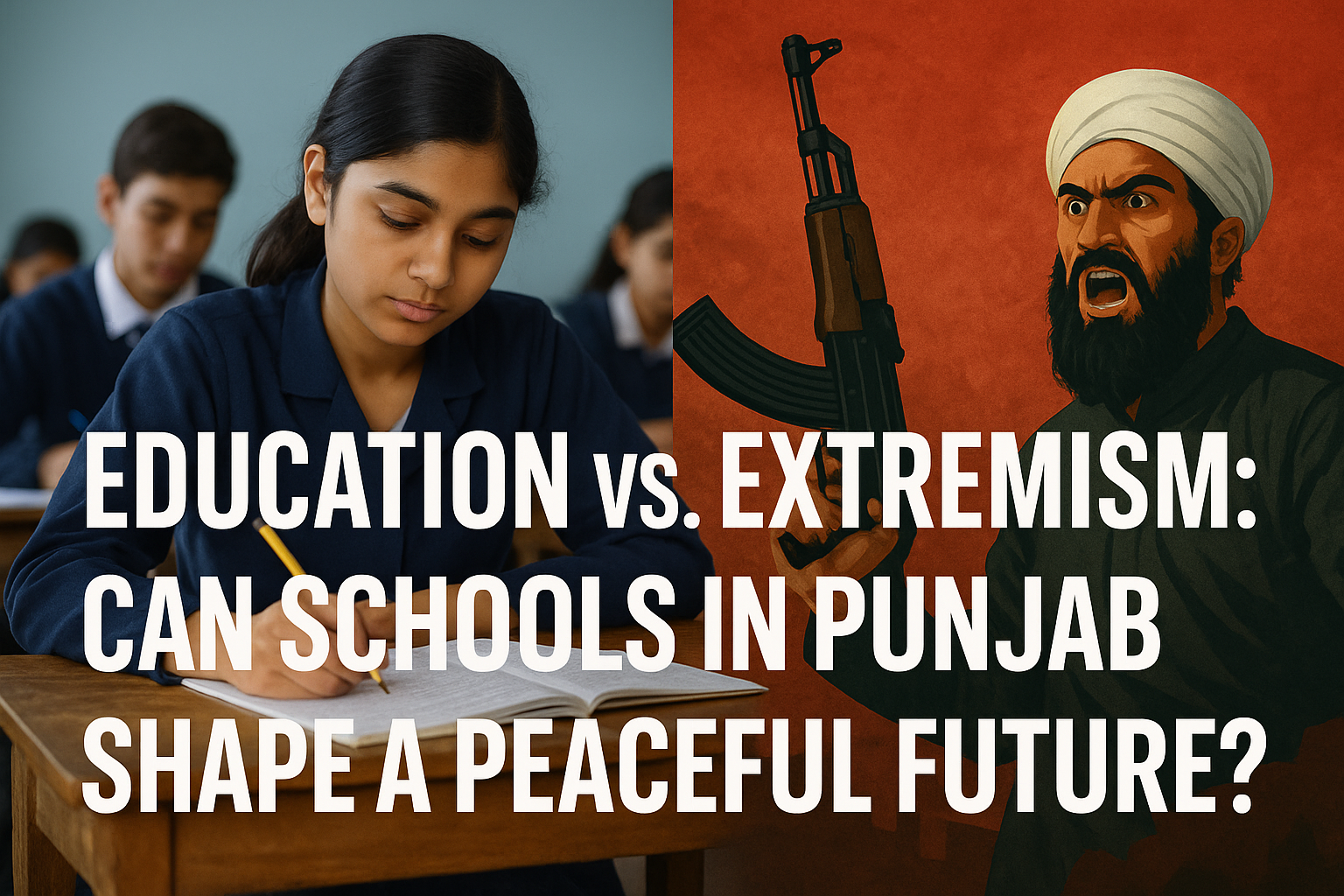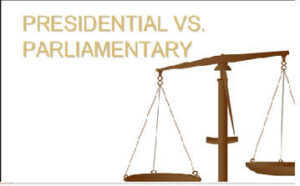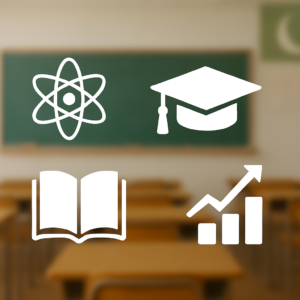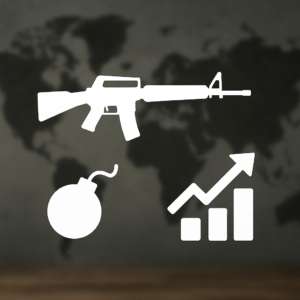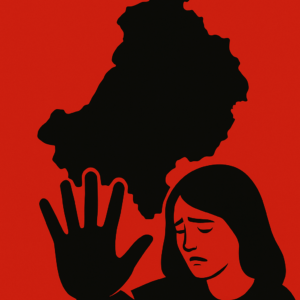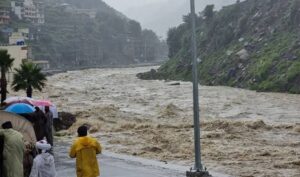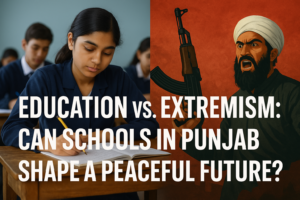- Introduction
- Importance of education in shaping societies
- Link between extremism and lack of quality education
- Thesis: Punjab’s schools can be instrumental in countering extremism and building a peaceful future through curriculum reform, inclusive education, teacher training, and policy measures.
- Understanding Extremism and Its Roots in Punjab
- Socio-economic inequality and radicalization
- Influence of hate-based ideologies and sectarianism
- Role of unemployment and poor civic awareness
- Role of Education in Combating Extremism
- Education as a tool for critical thinking and tolerance
- Examples from global case studies (Finland, Malaysia)
- Education’s impact on youth mindset
- Current State of Schools in Punjab
- Challenges: outdated curriculum, rote learning, lack of civic education
- Inadequate teacher training and limited extracurricular engagement
- Urban-rural divide in education access
- How Schools in Punjab Can Shape a Peaceful Future
- Curriculum reforms: promoting peace, ethics, interfaith harmony
- Teacher training: critical thinking and conflict-resolution skills
- Extracurricular activities: debates, community service for empathy
- Inclusive policies: equal access for girls and marginalized groups
- Case Studies & Examples
- Punjab’s Punjab Curriculum & Textbook Board reforms
- NGO programs like Teach for Pakistan promoting social awareness
- Success of moral education programs in countries like Singapore
- Policy Measures Needed
- Collaboration between government, civil society, and religious scholars
- Regulation of unregistered madrassas with extremist curricula
- Investment in digital literacy and modern subjects
- Monitoring and evaluation systems for curriculum and teaching standards
- Challenges and Possible Solutions
- Resistance from conservative groups
- Funding and infrastructure gaps
- Political instability and lack of continuity in reforms
- Conclusion
- Restate thesis: Education can dismantle extremism’s roots
- Call for sustainable reforms
- Vision for a peaceful, progressive Punjab and Pakistan
Essay
Education is the most powerful weapon that can transform societies, as Nelson Mandela famously remarked. It is a vital tool for nurturing critical thinking, promoting tolerance, and shaping future generations. In Punjab, the most populous province of Pakistan, the link between extremism and the lack of quality education is evident. Extremist ideologies thrive where ignorance, poverty, and intolerance prevail. The question is whether schools in Punjab can break this cycle and help shape a peaceful future.
This essay argues that schools, if properly reformed and strengthened, can play a decisive role in combating extremism. Through curriculum reforms, teacher training, and inclusive education policies, Punjab’s education system can mold its youth into responsible, tolerant, and productive citizens.
Extremism is not born in a vacuum; it is the product of socio-economic and political circumstances. In Punjab, extremist ideologies often take root due to poverty, inequality, and a lack of civic awareness. Many young people become vulnerable to hate-based propaganda because they have little exposure to critical thinking or pluralistic ideas.
Unemployment and disillusionment further push youth toward groups that exploit religion and sectarian identities. The absence of quality education exacerbates these problems, making it easy for extremist ideologies to flourish.
Education has historically played a vital role in eradicating extremist tendencies worldwide. It not only imparts knowledge but also nurtures empathy, tolerance, and respect for diversity. For example, Finland reformed its education system to focus on critical thinking and civic responsibility, resulting in one of the world’s most tolerant societies. Malaysia integrated moral education and multicultural harmony into its schools, reducing sectarian conflicts.
In Punjab, schools can have the same impact. An educated mind is less likely to accept hate without questioning it. By teaching students how to analyze and think critically, education can dismantle the foundations of extremism.
Despite its potential, Punjab’s education system faces multiple challenges. Many schools still follow an outdated curriculum focused on rote memorization rather than analytical skills. Civic education and ethical studies are either missing or poorly implemented.
Teacher training is inadequate; many teachers lack the skills to handle sensitive topics like tolerance and conflict resolution. Furthermore, extracurricular activities that build teamwork and empathy are limited. The urban-rural education divide is also significant, leaving rural students more vulnerable to extremist narratives due to lack of exposure to diverse ideas.
To counter extremism effectively, Punjab’s schools must undergo structural and content-based reforms:
- The curriculum should include subjects on ethics, interfaith harmony, and peace education. Stories promoting empathy and unity should replace narratives that foster division.
- Teachers should be trained in modern pedagogical methods that encourage debate and questioning. Training programs should emphasize tolerance and conflict-resolution skills.
- Debates, essay competitions, and community service can help students understand different perspectives and develop empathy.
- Schools must ensure access for girls and marginalized communities. Empowering all segments of society is essential to ensure no group feels alienated, a condition that extremists exploit.
Punjab has already taken some positive steps. The Punjab Curriculum and Textbook Board has begun revising textbooks to remove hate material. NGOs like Teach for Pakistan are bringing social awareness and leadership skills to underprivileged areas.
Globally, Singapore provides a good example where moral and civic education has been institutionalized. Students learn about different cultures and religions as part of their core curriculum. Punjab can adapt similar strategies.
Long-term reforms require strong policy support:
- Collaboration between government, civil society, and moderate religious scholars to design inclusive curricula.
- Regulation and mainstreaming of madrassas to ensure they teach modern subjects and civic education.
- Increased investment in digital literacy to equip students with modern skills and broader exposure.
- Monitoring mechanisms to ensure reforms are implemented effectively rather than remaining on paper.
Reforming education is not easy. Resistance from conservative groups and political instability can hinder reforms. Funding shortages and lack of infrastructure are additional hurdles.
However, these challenges are not insurmountable. International organizations and NGOs can partner with the government to provide financial and technical assistance. Awareness campaigns can reduce resistance by showing parents and communities how education benefits society.
Extremism poses one of the greatest threats to Pakistan’s stability, and Punjab is no exception. Yet, the solution lies in transforming minds, and that begins in schools. Through comprehensive reforms in curriculum, teacher training, and inclusive education, schools in Punjab can shape a peaceful, tolerant, and progressive future.
If education is aligned with values of peace and civic responsibility, the youth will become ambassadors of harmony rather than instruments of hate. Punjab has both the potential and the responsibility to lead Pakistan toward this brighter future.
📍 English Language Educator | Blogger & Content Strategist | 7+ Years in Educational Blogging
Nosheen Bashir is a dedicated English teacher and experienced blogger with over seven years of expertise in content creation and educational writing. Passionate about language, literature, and effective communication, she combines her teaching experience with blogging skills to create insightful, research-backed content that helps learners and educators alike.
🔹 Expertise & Achievements:
✔ English Language Education: A skilled educator with years of experience in teaching English grammar, literature, and communication skills to students of varying levels.
✔ Educational Blogging: Running a successful blog for 7+ years, delivering well-structured, engaging content on language learning, writing techniques, and academic success.
✔ SEO & Content Strategy: Specializes in creating high-ranking, authoritative articles that follow Google’s EEAT principles, ensuring content that is both informative and search-friendly.
✔ Student-Centric Approach: Committed to making English easier, engaging, and accessible, helping readers and students improve their language proficiency.
🚀 With a passion for teaching and writing, Nosheen Bashir is dedicated to crafting educational content that empowers students, teachers, and language enthusiasts worldwide.

